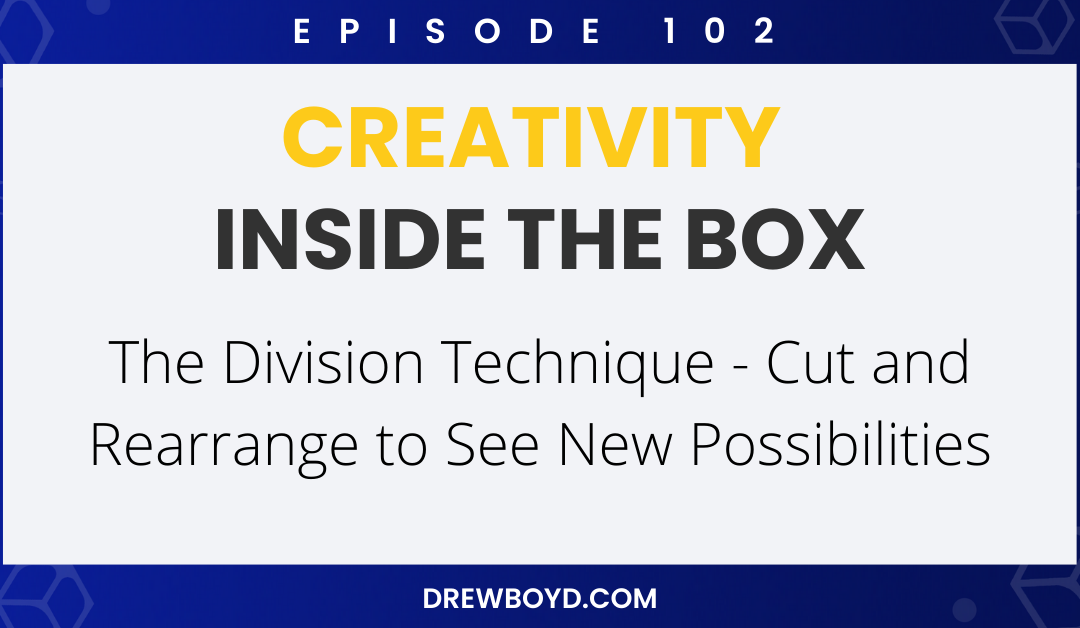Certificate programs are a way for universities and colleges to offer training that is less intensive and less expensive than traditional degree programs (baccalaureate, masters, doctoral). They are ideal for working professionals who want advanced training in highly focused areas. They are ideal for corporations as they are less expensive and a better value than many executive education (one week) programs.
The world of innovation could benefit from such programs. While many institutions offer courses in creativity and innovation, very few have full degree or certificate programs in this field. Most of those tend to be technology/venture start-up oriented. Here are some examples:
- North Carolina State University: The certificate program targets graduate students with backgrounds in management, engineering, science or other technology related fields who are interested in developing entrepreneurial ventures based on intellectual property. Students must successfully complete 12 credit hours, which include:
-
Managing the Growth Venture (4 credit hours)
-
Technology Evaluation and Commercialization Concepts (4 credit hours)
-
High Tech Entrepreneurship (4 credit hours)
-
- University of Maryland: Developed specifically for technology engineers and scientists, the graduate certificate program in entrepreneurial practices and tactics includes the following courses:
-
Innovative Thinking
-
Corporate Technology Venturing
-
Engineering Decision Making
-
Emerging Manufacturing Processes: 21st Century Manufacturing.
-
- The University of Sydney: The course ensures participants gain valuable skills and know-how in: identifying and understanding opportunity, change and innovation; developing successful businesses locally and internationally; the skills associated with market research and intellectual property, financial and project management; and the interpersonal and communication skills relevant to entrepreneurial business activities, including leadership, teamwork and pitching skills. Students complete a total of four compulsory units of study (24 credit points):
-
Foundations of Entrepreneurship
-
International Entrepreneurship
-
Intellectual Property Management
-
Innovation and Enterprise Special Project
-
My proposed approach is marketing-oriented and less focused on engineering or entrepreneurship. It allows participants to select a specific track of training that is most suited to their individual and organizational need.
Value Proposition: Upon completion of the Certificate in Innovation, working professionals will be able to lead their organizations and teams to creating organic growth through innovation. Specifically, they will acquire the skills of innovating, linking innovation to corporate strategy, and realizing new growth opportunities.
Candidate Profile: Working professionals in marketing, product development, and strategy; any business leader or professional who seeks to better understand how to integrate innovation into his/her organization to create growth.
Certificate Course Requirements: 5 Courses for 14 credit hours (quarterly system)
- Core 1: The Innovation Process 4 credit hours
- Core 2: Innovation Strategy 4 credit hours
- Elective 1 2 credit hours
- Elective 2 2 credit hours
- Elective 3 2 credit hours
Elective Tracks and Courses: (each track has three of the required electives)
- Design Track:
- Market Research
- Ethnography
- Design
- Product Development Track:
- Stage Gate
- Prototyping
- Patents
- Commercialization Track:
- Valuation
- Branding
- Launch
Your comments are welcomed!




